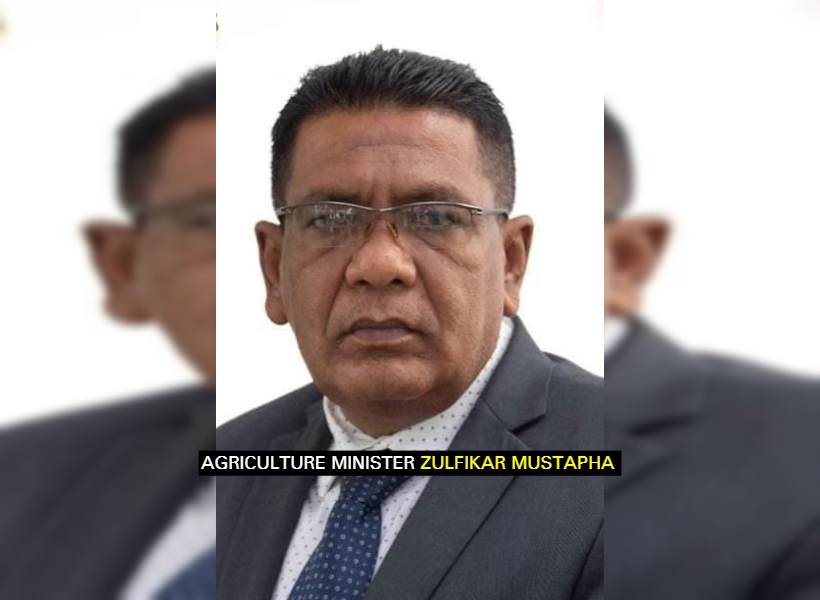By Staff Writer
Today, the World University Service of Canada (WUSC) hosted a virtual exercise to launch its five-year Sustainable Agriculture in the Caribbean (SAC) project which will provide considerable benefits to 12,000 women, youths, and marginalized men in Guyana, Jamaica, Suriname, Dominica, and St. Lucia.
The programme which is being funded by the Government of Canada to the tune of CAD 20 million, will increase participants’ impact on agricultural markets in the Caribbean while developing more environmentally sustainable and climate-resilient domestic agricultural markets. It is expected to also help increase productivity and profitability in the agricultural sector, mitigate the impacts of climate change, reduce the Region’s vulnerability to natural disasters, and foster climate-resilient agricultural market opportunities.
While delivering the featured address at the launching ceremony, Agriculture Minister, Zulfikar Mustapha said the need to increase opportunities and capacity for women and youths in various agricultural market systems is linked to the ministry’s vision while adding that the private sector also has a role to play as enablers in the system.
Canadian High Commissioner to Guyana, Mark Berman agreed with these sentiments while noting that the launch of the SAC Project is particularly timely as stakeholders consider the challenge Guyana’s food production system faced in 2021 with the countrywide May-June floods. As the sector charters a path to recovery and resilience, the envoy said there is an urgent need to “build back better”.
“Building back better requires a transformative agenda that involves making food production more diverse or sustainable, more efficient, and more inclusive. The inclusion of women, and especially women in Guyana’s indigenous communities, is essential across many rural farming communities. These women are well-known producers of cash crops or vegetables, not only to feed their households but also to supply traders and markets,” Berman expounded.
In addition to achieving economic benefits for targeted agricultural market actors, the SAC projects aims to pursue environmental sustainability in relation to Guyana’s commitment to carbon emission and mitigation, pursue climate resilience and adopt climate-smart agricultural practices.
It is expected that by the end of the programme lifecycle, there will be increased equitable participation of women and youth in agricultural markets.











